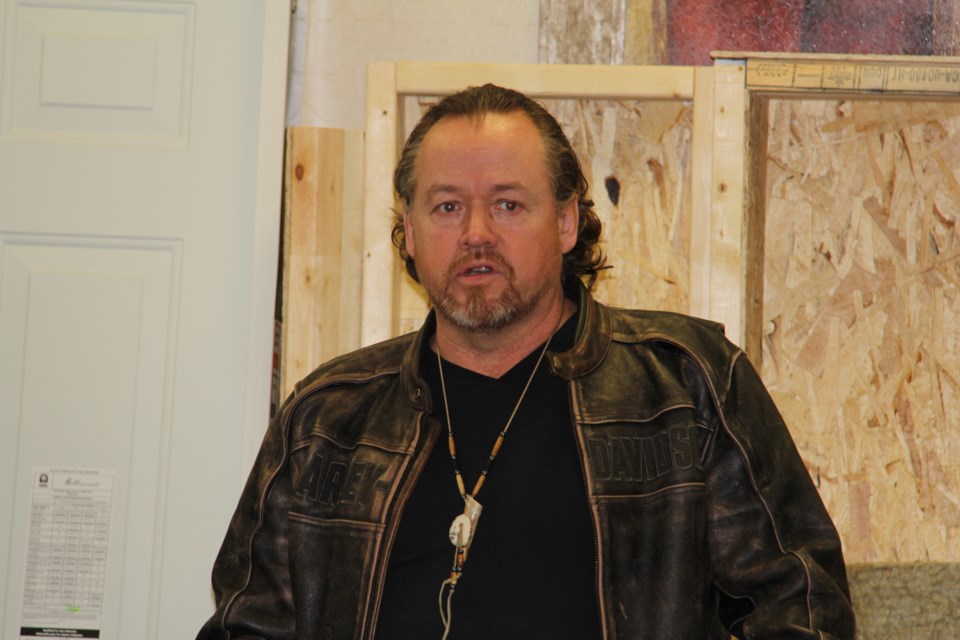Nipissing First Nation Chief Scott McLeod isn't impressed with the latest study on the state of the walleye fishery in Lake Nipissing.
"To me, it was a colossal waste of time, that's my opinion," McLeod told BayToday during a telephone interview this morning.
See: New Lake Nipissing study suggests more transparency and more studies
"I lost confidence, not necessarily of her, (study author Dr. Doris Smith) but just because she's a professional doesn't mean she knows what's going on. She did want to communicate with us. She never did call directly but we chose not to anyway because the data was already reviewed. We know what the data says. This whole $75,000 they spent we could have done better work with that if it was given to our assessment unit and the ministry to do more good work on the lake rather than writing a report that had already been out a couple of months previous."
McLeod says the Band had no say in where the Trillium grant money went to.
"We found out one day there was this Trillium money to do this report and it was like 'what!' because we were already working with the Ministry on getting data and doing a peer review of the data, so where this came from is questionable and I don't think it's achieved what it set out to achieve, and what that was I'm not even sure."
The Chief says he also questions the intent of the study and something that has nothing to do with fish data.
"It's presented in a very colonialistic point of view because it seems to centre on the importance of the fishery around the local economy. It's colonialistic to think this fishery is important to tourist operators. It's maintained our community for 10 thousand years and somehow that's not as important as a local economy. However, we're kind of conditioned to that kind of perspective. That's not surprising."
And Mcleod says one big thing that really bothers him is that the report's summary makes it sound like all the good work is being done by the MNRF.
"It's a skew that's put on this and that's not the case. This has always been, for our fisheries, NFN driven and not by the MNRF. The Memorandum of Understanding is simply a partnership to help us work cooperatively in achieving a common goal.
"The take home message is the MNRF doesn't manage us or set limits for anything. We do that ourselves and that's what our MOU is about, a relationship, and we don't take orders from them nor do they take orders from us but we have a common goal and that's what the MOU recognizes. We work together to try and help each other, we supply data, they help with support to achieve a common goal. And we work on this every single day to make it more sound and deal with complex legal issues and that will continue."
See: Anishinabek Nation will be seeking a full range of resource management partnership issues says Chief
McLeod also takes issue with Smith's call for transparency.
"The fact of the matter is we're not going to include stakeholders in every level of what NFN is doing, or the Ministry for that matter. The thing is we're two governments and we're working together to try and achieve things and we share as much as we can without hampering advancements in that process."



